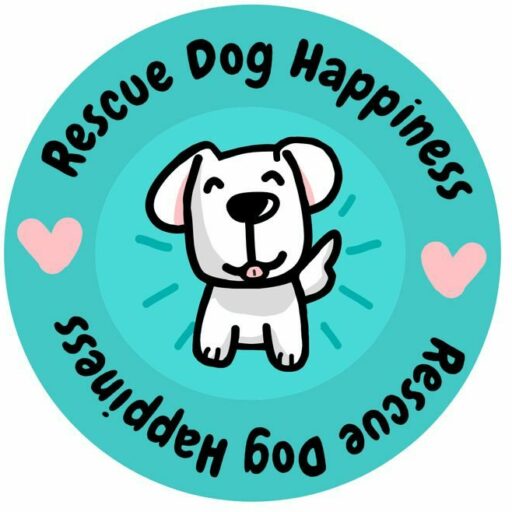Contents
Using a Crate to Potty Training Your Rescue Dog
Potty training a rescue dog. Some dogs get to use a yard while other lack the opportunity to roam a large backyard at will. Many are more likely to spend the day indoors while their family members are away at work and school.
This can make sticking to a potty training schedule more difficult. When potty training your rescue dog you may want to try the leash and crate method. Unless your rescue dog struggles with using a crate.
A combination of crate and leash training works for some dogs. If the adult dog is new to your family or returning home after time in a kennel while you were away, you may have to reinforce his potty training.
One option is to return him to the crate during the day, and using a leash when you’re present so that he stays in one area of the home. Keeping the dog contained 100% of the time is not the total answer – it’s merely part of the process.
Give Your Rescue Dog Regular Potty Breaks
The first month with your rescue dog or any dog is crucial. Beside getting to know your dog, in the first few weeks you begin to take steps for training your dog.
Start as you would with a puppy and set up regular potty breaks. Make sure that you properly time your dogs potty breaks with enough time after feeding so your canine can do business meaningful on the trip outside.
Recognize the Dog Signs of Your Dogs Need to Potty
Spend the weekend closely observing him on the leash whenever he’s out of the crate so that you begin to recognize the signs that he needs to potty. He may shake, sniff around, act agitated or start to squat. Those are your signals to stop what you’re doing and immediately take him to potty.
Use Positive Reinforcement When Potty Training a Rescue Dog
Remember to praise your rescue dog lavishly when he does his business during the potty break. That’s the positive reinforcement that show your dog where he’s supposed to do his business.
If, during your absence, your dog stayed in a kennel where he eliminated, ate and slept in the same area, then he may have lost his earlier training. He’s also probably very depressed and dejected. So praise your dog when ever he does anything that is positive.
Keep His Potty Area Clean
Dogs don’t like to mix potty with living space anymore than you want to mess on the floor in your kitchen. So he needs to start learn how to build up confidence in his potty skills. This is where you come into help your adult dog or puppy to take him out when he needs to go. Keeping his potty area clean will help him to go back to the same space. The he is less likely to mess when you would prefer he does not.
Check Your Dog’s Bowel and Urination
Older dogs probably have better bladder control than a puppy. So he will usually be able to go longer periods between potty breaks. However, it’s important to take notice of your dogs bowel and urination. your dog may have a urinary tract infection, diarrhea or other medical problem that’s the real cause of his accidents.
If you see a noticeable change in your dog’s potty behaviors and there are no other apparent reasons for it, then you want get him checked at the vet. The potty problems may be a symptom of a greater problem.
During the time he’s being treated for the medical condition, go easy on the potty training. Your dog needs to feel well and be reasonably able to manage his urine and elimination so that he can cooperate with your training.
Keep him on a leash when he’s not in the crate and carefully care for him by helping notice signs that he needs to potty while he recovers.
Concluding Potty Training a Rescue Dog
We know that dogs are amazing but just like their humans they do not come with a manual and nor are they pre trained in most cases. Potty training takes time whether you have a new puppy or you adopted a rescue or dog from a shelter. Your dog needs time to get familiar with his new environment- around the house and how to get out to the yard so he can do his business.
Give lots of praise and be patient with your dog. It is a learning experience for everyone. And one that is truly worth it.
